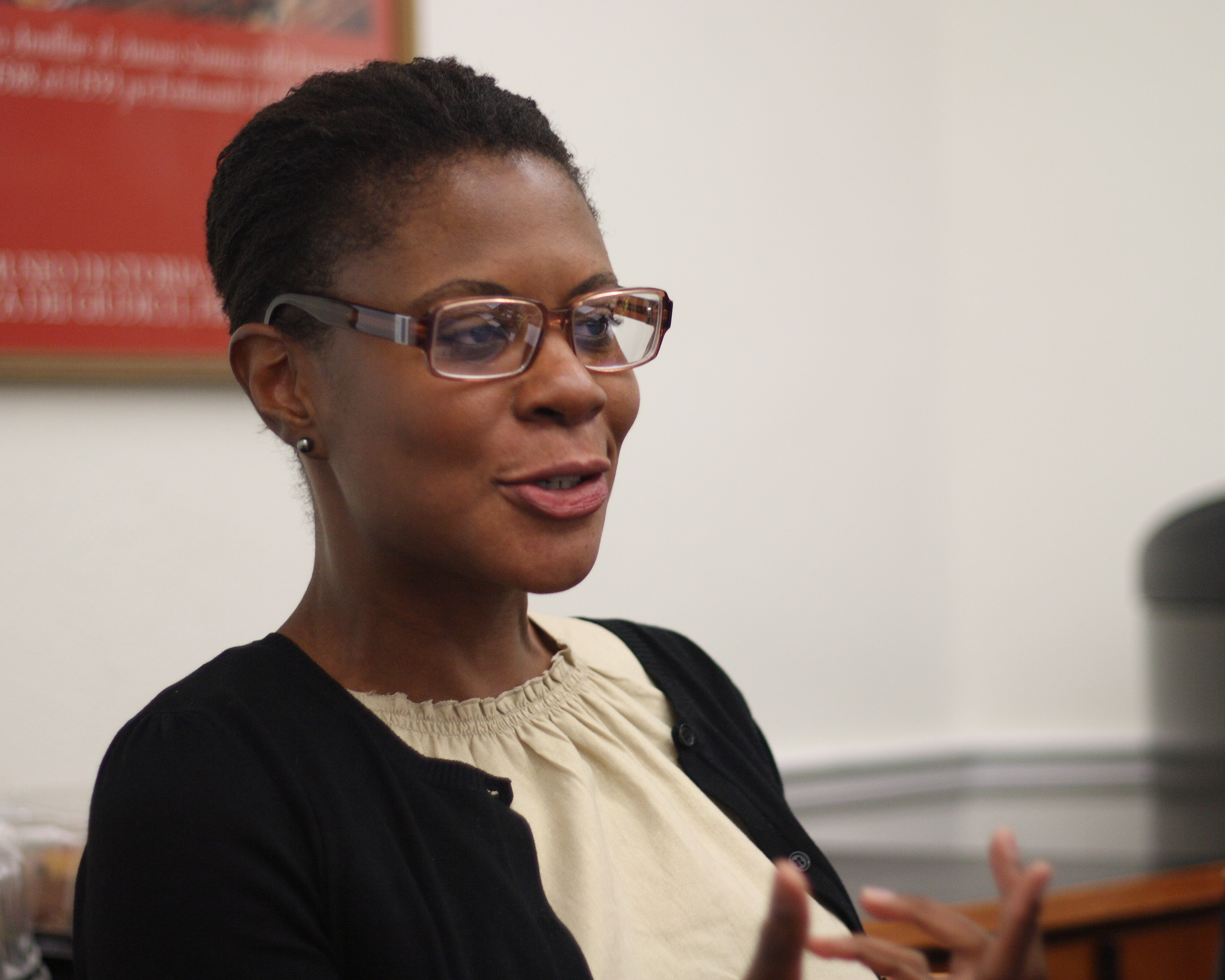Aggregated News

Why did you choose to examine African-Americans’ approach to genetic ancestry in The Social Life of DNA?
Given the Tuskegee syphilis experiment, given the history of eugenics, one of the curiosities for me was why in the world would African-Americans put their saliva in an envelope and expect that they’re going to get anything meaningful for their lives or their history [from a genetic ancestry] test? That became the puzzle of the book.
What did you learn?
That there were all sorts of complicated answers. The African-American genealogists I spoke with were not only suspicious, they were also curious — they were science geeks. I thought if they knew better, then they would do better. But what they said was, “Look, we know this history [of Tuskegee and eugenics] and we’re going into this with that history in mind, and we’ll take that into account as we negotiate and think about the results we get back.”
What does it mean for DNA to have a “social life?”
Initially, I thought I was talking about racial identity and ethnic identity. And...



